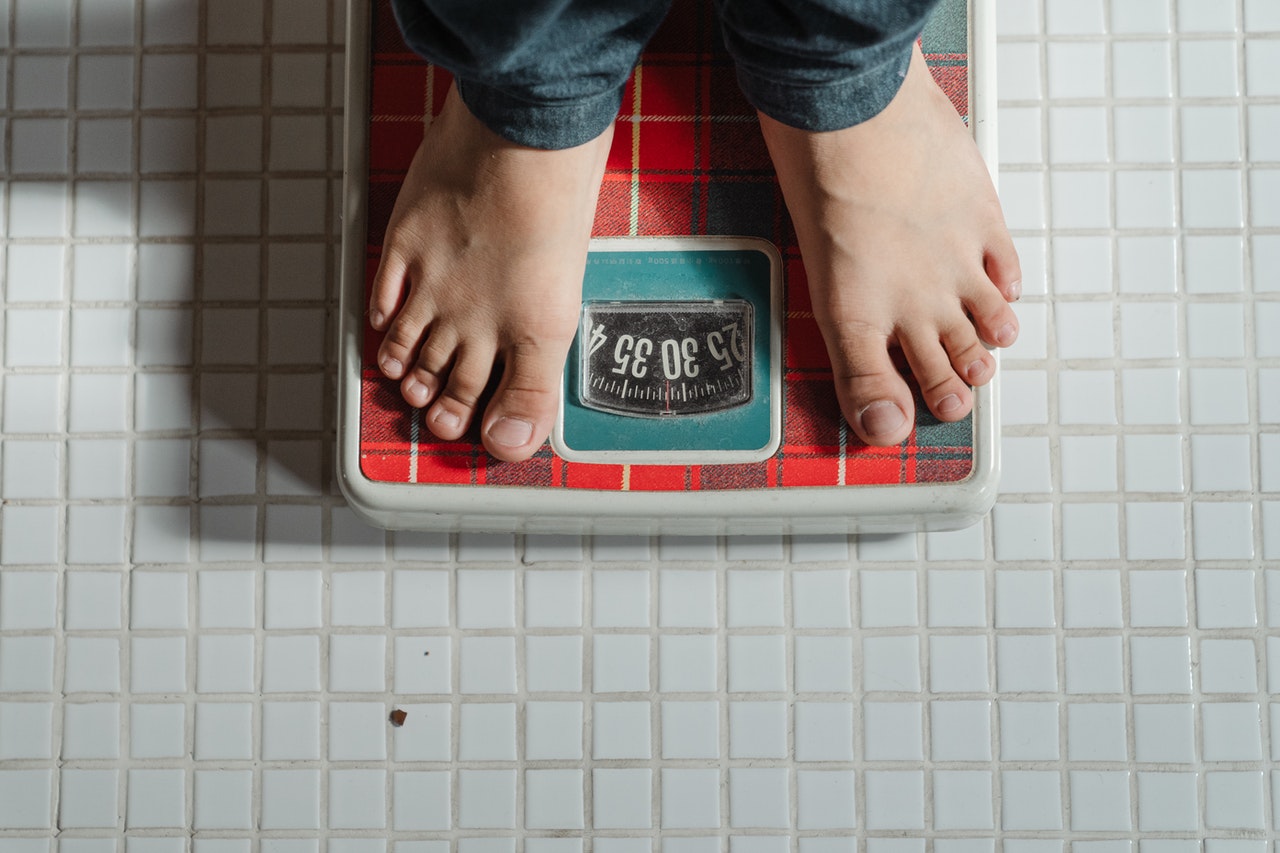Subscribe

Dear Healthy Men: Settle a bet. My buddy says men and boys sometimes get eating disorders. I say only females can. Who’s right?
A: Sadly, your buddy is, but you’re far from alone. In fact, I think most believe that women and girls are the only ones affected by eating disorders. But here are the facts: In the U.S., at least a third of the 30 million people suffering from eating disorders are boys or men, according to the National Eating Disorders Association (NEDA). That’s 10 million people, most of whom won’t ever get the help they desperately need because they have a Y chromosome. That, folks, is a real—and sometimes quite deadly—tragedy.
So why do we ignore men and boys with eating disorders? I’ve come up with at least three reasons:
Eating disorders are often related to body image. People suffering from anorexia, for example, look in the mirror and, no matter how skinny they are, they see an obese person. Generally speaking, girls and women worry more than boys and men do about being overweight, and some of those worries are driven by the media, with its constant fawning over female celebrities’ makeup tips or another’s bikini pictures.
That’s the bad news. The worse news is that the media does something equally damaging to boys. Men’s magazines, movies, and TV shows feature guys with impossibly large biceps, too many abs to count, and the kind of physique none of us will ever achieve. Those same idealized (and objectifying) images also show up in girls’ and women’s magazines, where they influence the expectations their readers have for men and boys. As a result, males who are overweight may feel even more pressure to lose weight—which could contribute to eating disorders. And those whose weight is perfectly fine may develop another type of disorder: “muscle dysmorphia,” also known as “bigorexia” or “manorexia.” Bigorexics (who are almost always male) look in the mirror and, no matter how ripped they are, see a 96-pound wimp.
While bigorexia isn’t as deadly as anorexia and other “traditional” eating disorders, it can still lead to a number of very serious problems. Boys and men who feel pressured to have the perfect body often become anxious and depressed (which can lead to suicide). They diet and work out obsessively, may start taking steroids and other “supplements,” and can do permanent joint- and muscle damage. Those obsessions can become so consuming that schoolwork and career may suffer, and they may stop spending time with friends and family because they don’t want to interrupt their workouts, or they feel embarrassed about how skinny they are.
If you or someone you know has an eating disorder, including bigorexia, get some help. Now. If the person is under 18, start with his pediatrician. If he or she laughs it off or refuses to consider an eating disorder, find another doctor. If he’s over 18, set up a visit with the primary care doc or a mental health professional who has experience treating people with eating disorders. You’ll also find a ton of great resources, information, guidance, and support at the NEDA website, https://www.nationaleatingdisorders.org/
Photo by Ketut Subiyanto from Pexels
Time and time again, across numerous market sectors, artificially setting prices using foreign reference pricing has been unsuccessful. And when...
Dear Healthy Men: Do men’s and women’s mental health issues and needs differ? And if so, how? A: With May being Mental Health Awareness Month, your...
Dear Healthy Men: In one of your previous columns, you mentioned that the United States Preventative Services Task Force (USPSTF) recommends against...